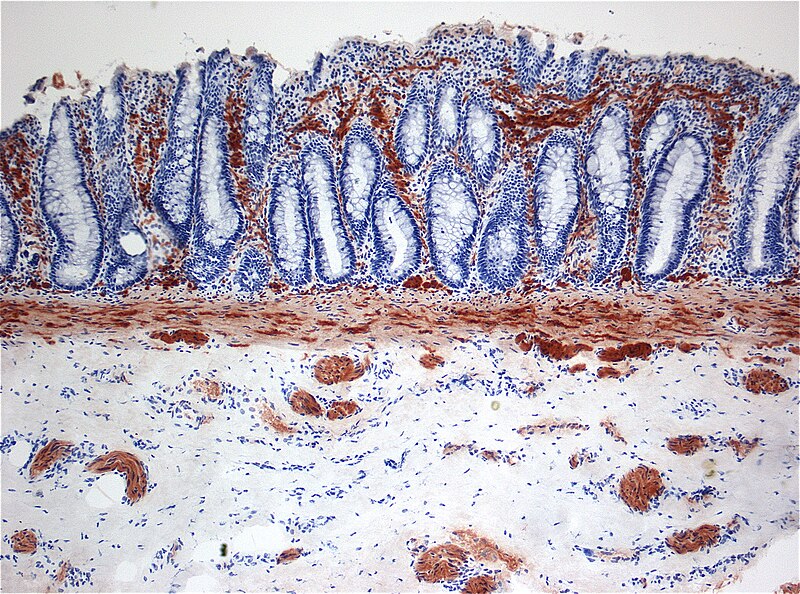Hirschsprung's Disease is a congenital condition that affects the large intestine (colon) and causes problems with bowel movements. It occurs when certain nerve cells, called ganglion cells, are missing from parts of the intestine, leading to difficulty passing stool.
Cause:
The exact cause of Hirschsprung's Disease is not fully understood. It is believed to result from a combination of genetic and environmental factors. Mutations in certain genes may disrupt the development of nerve cells in the intestine during fetal development, leading to the absence of ganglion cells in affected areas of the colon.
Signs and Symptoms:
Signs and symptoms of Hirschsprung's Disease typically appear shortly after birth or during early infancy. They may include chronic constipation, abdominal distension (swelling), failure to pass meconium (a newborn's first stool) within the first 48 hours of life, vomiting, poor feeding, slow growth, and episodes of diarrhea with foul-smelling stool.
Diagnosis:
Hirschsprung's Disease is diagnosed through a combination of medical history, physical examination, and diagnostic tests. These may include imaging studies such as abdominal X-rays, contrast enemas, rectal biopsies, and anorectal manometry to evaluate the function of the rectum and anal sphincter muscles.
Treatment:
The primary treatment for Hirschsprung's Disease is surgery to remove the portion of the colon that lacks ganglion cells. This procedure, known as a pull-through or resection, aims to bypass the affected area and reconnect the healthy portion of the colon to the anus. In some cases, a temporary colostomy may be performed to divert stool away from the affected area while the intestine heals.
Complications:
Without treatment, Hirschsprung's Disease can lead to serious complications such as intestinal obstruction, enterocolitis (inflammation of the colon), perforation (tearing) of the intestine, and sepsis (blood infection). Prompt diagnosis and appropriate treatment are essential to prevent complications and improve outcomes.
Long-Term Outlook:
With timely diagnosis and surgical intervention, many individuals with Hirschsprung's Disease can lead healthy, normal lives. However, long-term management may involve dietary modifications, medications to regulate bowel function, and ongoing medical follow-up to monitor for complications and ensure optimal bowel health.
In conclusion, Hirschsprung's Disease is a rare but serious condition that affects the colon and interferes with normal bowel function. Understanding its cause, recognizing signs and symptoms, and seeking timely medical evaluation and treatment are crucial for managing the condition and improving outcomes for affected individuals.

